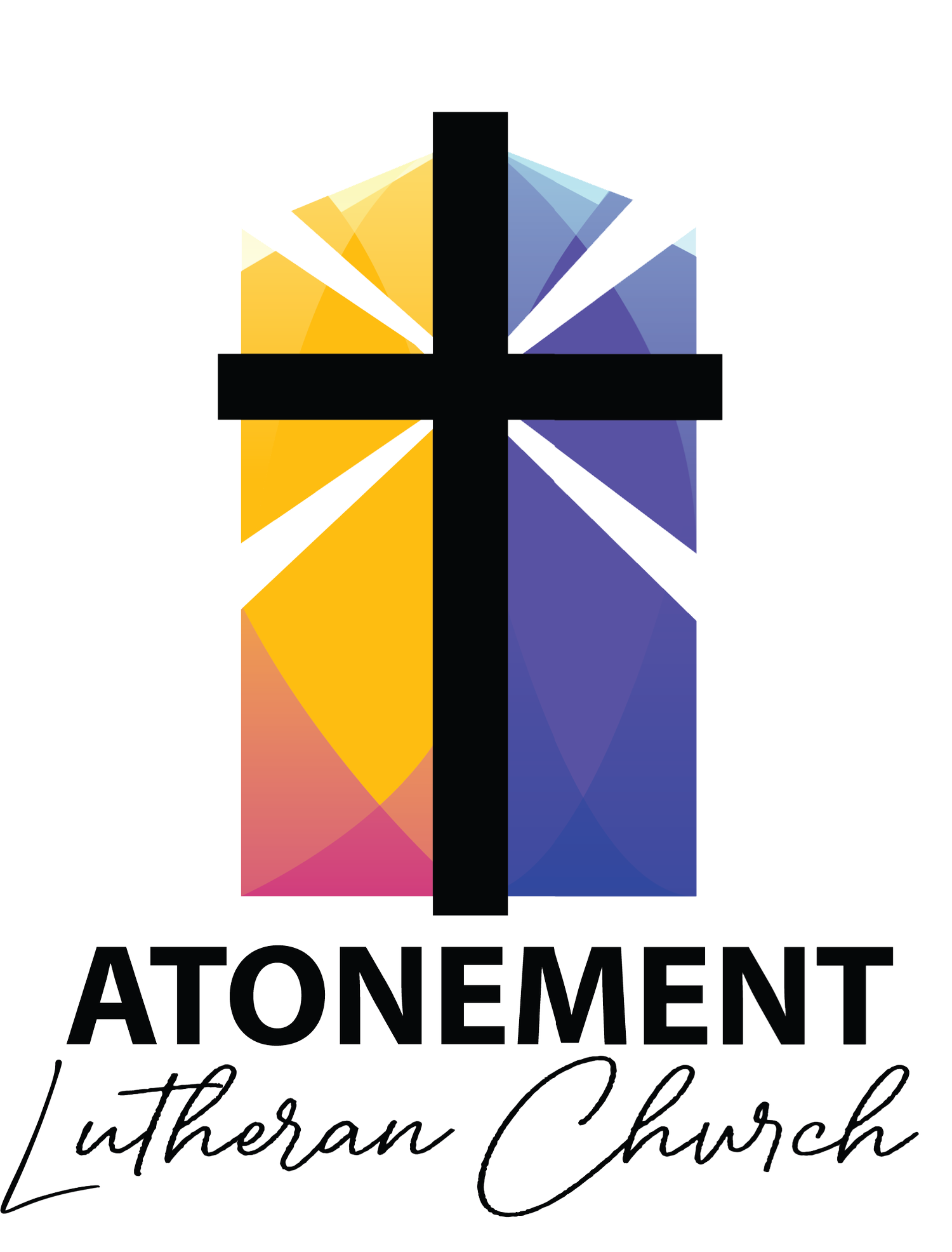Why Do We Actually Go to Church? Part 1: Communion
What’s the point of actually physically going to church in the year 2020? After all, it’s possible to find Biblically sound preaching online from just about anywhere in the world if you look for it. In fact, that was true before COVID-19 hit in March. It’s been true for a long time. Even before internet ministry became a thing, churches used TV to broadcast services. Even before TV became popular, radio allowed the Word to come directly into people’s homes. So why physically go to church when you could hear God's Word from your sofa or even poolside?
It’s not as if God's Word only works in a church building. The apostle Paul didn’t say, “I am not ashamed of the gospel, because it is the power of God that brings salvation to everyone who believes (Romans 1:16), that is, as long as you’re hearing it within 30 feet of a pulpit.” The writer to the Hebrews didn’t say, “For the word of God is alive and active. Sharper than any double-edged sword, it penetrates even to dividing soul and spirit, joints and marrow; it judges the thoughts and attitudes of the heart (Hebrews 4:12), that is, as long as you’re at Atonement Lutheran Church at 8:00 am or 10:30 am on Sunday morning.” The Holy Spirit’s power works wherever and whenever the Word is heard. After all, he is all-powerful.
But there are some things that can’t be replicated by technology, even with as far as it has advanced. One is Communion. I’m not talking about the impossibility of transferring bread and wine through a TV screen. Instead, we look at Jesus’ words, “Do this.” There are generally three parts to our celebration of the Lord’s Supper: 1) Consecration “Jesus took bread … Then, he took the cup” – The pastor sets aside the bread and the wine for special use and retells the account of Jesus’ first celebration of his supper; 2) Distribution “He … gave it to his disciples” – The pastor, as Christ’s called servant, or the communion assistant gives Christ’s body and blood in and with the bread and the wine to the people; and 3) Reception “Take and eat … Take and drink” – The people receive Christ’s body and blood in and with the bread and the wine for the forgiveness of their sins. Our practice reflects Christ’s original celebration of the Lord’s Supper when he spoke the words, “Take and eat,” and, “Take and drink,” gave the bread and wine to the disciples, and they ate and drank.
One could imagine a situation where this also is attempted virtually. Indeed, some churches have tried to celebrate Communion online. The pastor may speak the words of Christ and set apart bread and wine on one side of the screen – that is consecration. The people may eat and drink bread and wine on the other side of the screen – that is reception. But what about the second part—distribution? Can we virtually follow Christ’s blueprint of how to celebrate his Supper: “While they were eating, Jesus took bread, and when he had given thanks, he broke it and gave it to his disciples. … Then he took a cup, and when he had given thanks, he gave it to them”? (Matthew 26:26,27). Of course, Christ did not speak directly about virtual Communion because the possibility did not exist in his day.
If anything, departing from the normal practice for celebrating Communion could lead to confusion. “Is it God-pleasing?” “Is it a valid sacrament?” Those questions are hard to answer. We hardly want to create confusion where Christ has given us so much certainty. It is his words that give power to the sacrament. Read his words again: “While they were eating, Jesus took bread, and when he had given thanks, he broke it and gave it to his disciples, saying, ‘Take and eat; this is my body.’ Then he took a cup, and when he had given thanks, he gave it to them, saying, ‘Drink from it, all of you. This is my blood of the covenant, which is poured out for many for the forgiveness of sins’” (Matthew 26:26-28). Jesus promises us forgiveness with his body and blood! And where Jesus has promised, there is certainty!
For a time now, many Christians have gone without taking the Lord’s Supper. But these are unusual times. When faced with unusual times in history, Christians have indeed gone without taking Communion, whether because of persecution, plague, or various other reasons. But with all the wonderful blessings in Communion—the forgiveness of sins, life, and salvation; the strengthening of faith and communion with God—my prayer is that though you may be unable to receive his Supper for a time, you have not lost your hunger and thirst for it. Though we might have stopped a lot of other things because of COVID, we haven’t stopped sinning. We haven’t lost our need for the assurance of forgiveness. Though we are still blessed to receive the assurance of forgiveness through the preaching of the Word whether in person or online, I look forward to the day when all of us can also gather together around his table once again.
